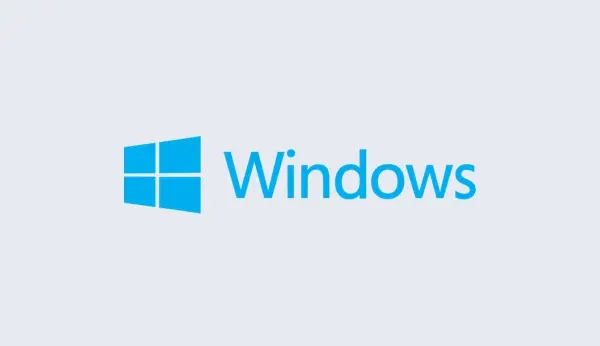Next: GRBloadclientenv Up: Environment Creation and Destruction Previous: Environment Creation and Destruction
GRBloadenv
| int | GRBloadenv ( | GRBenv | **envP, |
| const char | *logfilename ) |
Create an environment. Optimization models live within an environment, so this is typically the first Gurobi routine called in an application.
In addition to creating a new environment, this routine will also
check the current working directory for a file named
gurobi.env, and it will attempt to read parameter settings from
this file if it exists. The file should be in
PRM format (briefly, each line should
contain a parameter name, followed by the desired value for that
parameter).
In general, you should aim to create a single Gurobi environment in your program, even if you plan to work with multiple models. Reusing one environment is much more efficient than creating and destroying multiple environments.
Return value:
A non-zero return value indicates that there was a problem creating the environment. Refer to the Error Code table for a list of possible return values.
Arguments:
envP: The location in which the pointer to the newly created environment should be placed.
logfilename: The name of the log file for this environment. May be NULL (or an empty string), in which case no log file is created.
Next: GRBloadclientenv Up: Environment Creation and Destruction Previous: Environment Creation and Destruction









